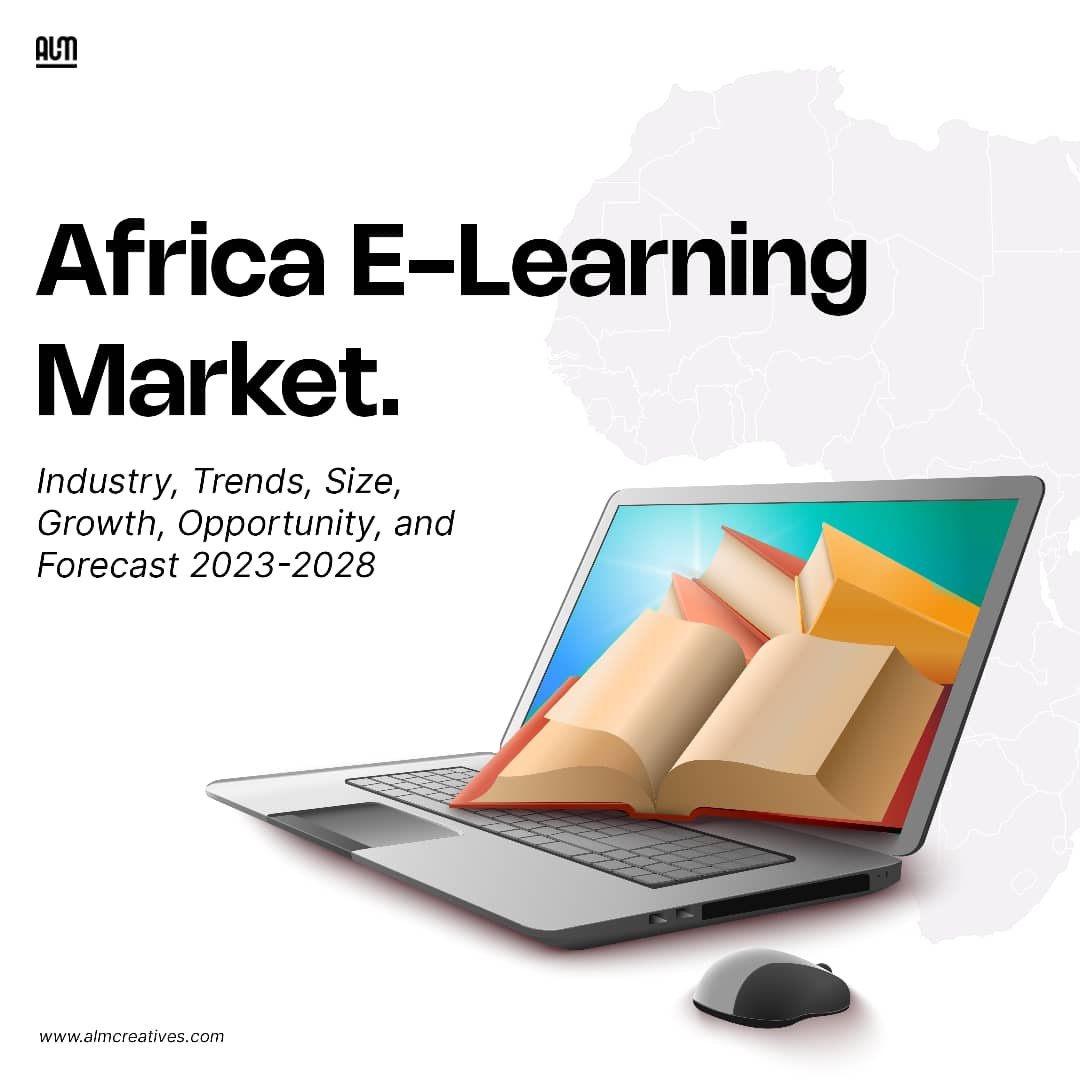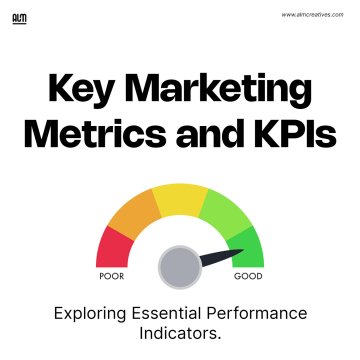Search
Africa E-Learning Market: Industry, Trends, Size, Growth, Opportunity, and Forecast 2023-2028
Business and advices
The African e-learning market has experienced significant growth in recent years and is expected to continue to expand in the coming years. The growing demand for e-learning solutions and the increasing adoption of technology in education are driving the growth of the e-learning market in Africa.
According to a recent report, the African e-learning market was valued at USD 1.8 billion in 2018 and is projected to reach USD 5.2 billion by 2023, growing at a compound annual growth rate (CAGR) of 23.6% during the forecast period of 2019-2024. The report also highlights the key factors contributing to the growth of the e-learning market in Africa, including the increasing adoption of mobile devices, the need for cost-effective and accessible education, and the growing demand for skilled workers in the region.
The Africa e-learning market is segmented by type, mode of delivery, end-user, and country.
By type:
The market is segmented into blended learning, distance learning, and online learning. The blended learning segment is expected to be the largest segment of the market during the forecast period.
By mode of delivery:
The market is segmented into web-based, mobile-based, and cloudbased. The mobile-based segment is expected to be the fastest-growing segment of the market during the forecast period.
By end-user:
The market is segmented into schools, colleges and universities, corporates, and government organizations. The school’s segment is expected to be the largest segment of the market during the forecast period.
By country:
The market is segmented into South Africa, Nigeria, Kenya, Egypt, Morocco, Ghana, Algeria, Tunisia, and the Rest of Africa. South Africa is expected to be the largest market in Africa during the forecast period.
The growth of the Africa e-learning market is being driven by the following factors:
Increasing demand for online education:
The increasing demand for online education is one of the key drivers of the Africa e-learning market. The rising cost of traditional education, the growing preference for flexible learning options, and the increasing awareness of the benefits of online education are some of the factors driving the demand for online education in Africa.
Rising penetration of smartphones and other mobile devices:
The rising penetration of smartphones and other mobile devices is another key driver of the Africa e-learning market. The increasing affordability of smartphones and the growing availability of high-speed internet are making it possible for more people in Africa to access online education.
Growing focus on lifelong learning:
The growing focus on lifelong learning is also driving the growth of the Africa e-learning market. The increasing competition in the job market and the changing nature of work are making it essential for people to upskill and reskill themselves on a regular basis. Online education provides a convenient and affordable way for people to learn new skills and knowledge.
The Africa e-learning market is facing some challenges, such as:
Lack of awareness about the benefits of online education:
There is still a lack of awareness about the benefits of online education in Africa. This is one of the major challenges that the market is facing.
Lack of quality content:
There is also a lack of quality content available in the Africa e-learning market. This is another challenge that the market is facing.
Lack of infrastructure:
The lack of infrastructure, such as reliable internet connectivity, is also a challenge that the Africa e-learning market is facing.
Limited access to electricity can also hinder the adoption of e-learning solutions in some areas.
The shortage of skilled teachers and trainers in the region can also pose a challenge to the growth of the e-learning market.
Despite these challenges, the Africa e-learning market is expected to grow at a significant pace during the forecast period. The growth of the market will be driven by the increasing demand for online education, the rising penetration of smartphones and other mobile devices, and the growing focus on lifelong learning.
Here are some of the key trends that are expected to shape the Africa e-learning market in the coming years:
The rise of MOOCs:
Massive open online courses (MOOCs) have become increasingly popular in recent years, and this trend is expected to continue in Africa. MOOCs offer a lowcost and convenient way for people to learn new skills and knowledge, and they are particularly well-suited for the African market, where there is a large demand for education but limited access to traditional educational institutions.
The growth of mobile learning:
Mobile learning is another trend that is expected to gain traction in the Africa e-learning market. The increasing penetration of smartphones and other mobile devices in Africa is making it possible for more people to access online education on the go.
The increasing focus on government initiatives:
Governments in Africa are increasingly recognizing the importance of e-learning, and they are investing in initiatives to promote the development of the market. These initiatives are expected to provide a boost to the growth of the market in the coming years.
The Africa e-learning market is a dynamic and rapidly growing market. The market is expected to witness significant growth in the coming years, driven by a number of factors, including the increasing demand for online education, the rising penetration of smartphones and other mobile devices, and the growing focus on lifelong learning.




